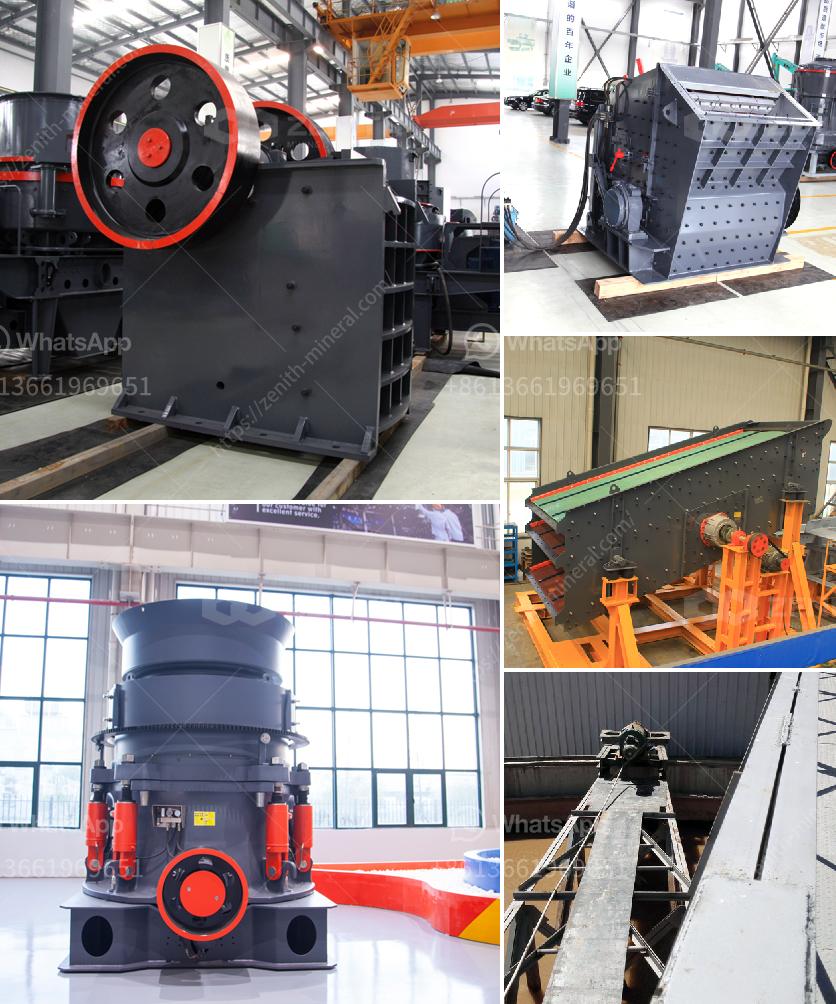Starting a coal mining business in the Philippines involves a series of steps and requirements to ensure compliance with local regulations and industry standards. Here’s a general guide to help you get started:
-
Market Research:
- Conduct thorough market research to understand the coal industry landscape in the Philippines.
- Identify potential customers and market demand for coal in the region.
-
Business Plan:
- Develop a comprehensive business plan outlining your business model, capital investment, operational strategy, target market, and financial projections.
- Include a risk assessment and mitigation strategies.
-
Legal Structure and Registration:
- Decide on the legal structure of your business (e.g., sole proprietorship, partnership, corporation).
- Register your business with the Department of Trade and Industry (DTI) for sole proprietorships or the Securities and Exchange Commission (SEC) for corporations and partnerships.
-
Permits and Licenses:
- Obtain the necessary permits and licenses from relevant government agencies such as the Department of Environment and Natural Resources (DENR) and the Mines and Geosciences Bureau (MGB).
- Ensure compliance with environmental regulations, including securing an Environmental Compliance Certificate (ECC).
-
Site Selection:
- Identify and acquire suitable land for coal mining operations. Engage in geological surveys to assess the coal deposit quality and quantity.
- Consider the logistical aspects, such as proximity to transportation networks and utilities.
-
Financing:
- Secure funding for your venture through personal savings, bank loans, investors, or other financial institutions.
- Prepare a detailed budget covering exploration, infrastructure, equipment, operational costs, and contingencies.
-
Infrastructure and Equipment:
- Invest in the necessary mining equipment, machinery, and infrastructure.
- Hire skilled labor and ensure proper training and safety measures are in place for all employees.
-
Compliance and Environmental Management:
- Implement an environmental management plan to address potential impacts on local ecosystems and communities.
- Ensure ongoing compliance with environmental and safety regulations.
-
Operations:
- Start with exploration and feasibility studies to confirm the viability of the coal deposits.
- Build necessary facilities and initiate the extraction and processing of coal.
-
Sales and Distribution:
- Develop a marketing strategy to sell your coal to local or international markets.
- Establish distribution channels and build relationships with buyers and suppliers.
-
Monitoring and Reporting:
- Continuously monitor the health, safety, and environmental impacts of your mining operations.
- Regularly report to regulatory bodies and stakeholders as required by law.
-
Community Engagement:
- Engage with local communities to build positive relationships and address any concerns they may have about the mining activities.
- Contribute to community development through Corporate Social Responsibility (CSR) initiatives.
Each step involves legal, financial, and operational complexities, so partnering with experts and legal advisors can help navigate the process smoothly.

